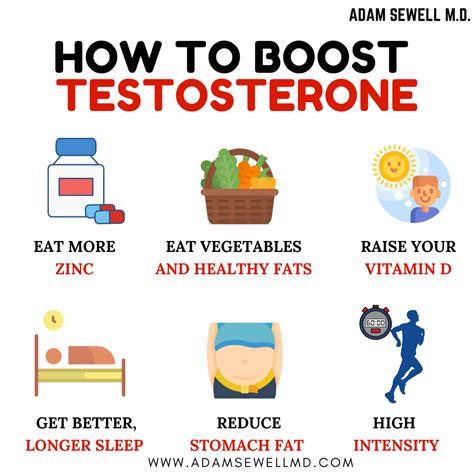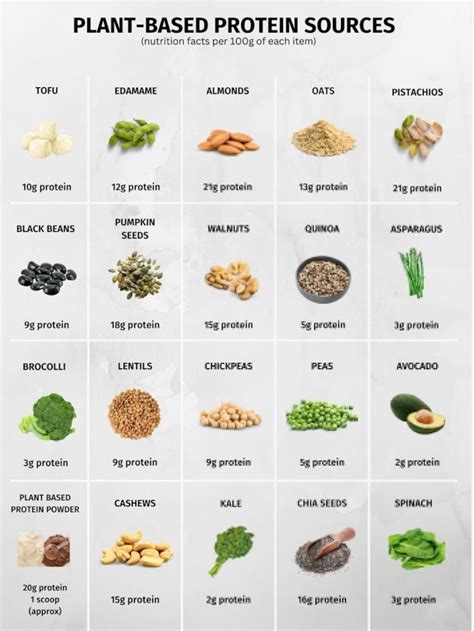Optimal diet for male testosterone & muscle growth?

For men seeking to enhance both their testosterone levels and muscle mass, diet plays an undeniably pivotal role. Beyond just hitting the gym, the fuel you provide your body directly influences hormone production, recovery, and growth. This article delves into the nutritional blueprint designed to optimize these crucial physiological processes.
The Synergy of Testosterone and Muscle Growth
Testosterone, the primary male sex hormone, is fundamental for muscle protein synthesis, bone density, and overall energy. While resistance training stimulates its release and muscle growth, a well-structured diet ensures the body has the raw materials to produce testosterone efficiently and repair muscle tissue effectively. Without adequate nutrition, even the most rigorous workouts may yield suboptimal results.

Macronutrients: The Building Blocks
Protein: Essential for Muscle Repair and Growth
Protein is non-negotiable for muscle growth. It provides the amino acids needed to repair and rebuild muscle fibers damaged during exercise. Aim for 1.6-2.2 grams of protein per kilogram of body weight daily, distributed across meals. Excellent sources include lean meats (chicken, beef, turkey), fish, eggs, dairy products (Greek yogurt, cottage cheese), and plant-based options like legumes and tofu.
Healthy Fats: Crucial for Hormone Production
Contrary to outdated advice, dietary fats, particularly healthy ones, are vital for testosterone production. Cholesterol, derived from dietary fat, is a precursor to steroid hormones like testosterone. Incorporate monounsaturated and polyunsaturated fats from sources like avocados, olive oil, nuts, seeds, and fatty fish (salmon, mackerel). Aim for 20-30% of your daily caloric intake from healthy fats.

Complex Carbohydrates: Fuel for Performance and Recovery
While often debated in low-carb trends, carbohydrates are essential for high-intensity workouts and replenishing glycogen stores, preventing muscle breakdown. They also help maintain cortisol (stress hormone) levels in check, which can otherwise negatively impact testosterone. Focus on complex carbohydrates like whole grains (oats, brown rice, quinoa), sweet potatoes, fruits, and vegetables.
Micronutrients: The Unsung Heroes
Beyond macros, specific vitamins and minerals play a direct role in testosterone synthesis and overall metabolic health.
- Vitamin D: Often considered a prohormone, Vitamin D is strongly linked to testosterone levels. Sun exposure is the best source, but fatty fish, fortified foods, and supplements can help.
- Zinc: A critical mineral for testosterone production. Oysters are famously rich, but beef, chicken, pumpkin seeds, and beans are also good sources.
- Magnesium: Involved in over 300 enzymatic reactions, including those for testosterone. Found in leafy greens, nuts, seeds, and dark chocolate.
- B Vitamins: Support energy metabolism and overall cellular function, indirectly aiding hormone balance.

Foods to Prioritize for Optimal Results
- Fatty Fish: Salmon, mackerel, sardines (rich in Omega-3s and Vitamin D).
- Lean Red Meat: Beef (excellent source of protein, zinc, and iron).
- Eggs: Whole eggs (contain healthy fats, protein, and cholesterol for hormone synthesis).
- Avocado: Healthy monounsaturated fats.
- Nuts and Seeds: Almonds, walnuts, pumpkin seeds (healthy fats, magnesium, zinc).
- Cruciferous Vegetables: Broccoli, cauliflower, Brussels sprouts (help manage estrogen levels).
- Berries and Fruits: Antioxidants and healthy carbohydrates.
- Whole Grains: Oats, quinoa, brown rice (sustained energy).

Foods to Limit or Avoid
Certain dietary choices can negatively impact testosterone and overall health:
- Processed Foods and Sugary Drinks: Often low in nutrients, high in empty calories, and can lead to inflammation and weight gain, both detrimental to testosterone.
- Excessive Alcohol: Can impair testosterone production and increase estrogen.
- Trans Fats: Found in some processed foods, these are harmful to cardiovascular health and hormone balance.
Hydration and Consistency
Don’t underestimate the power of water. Staying well-hydrated is crucial for all bodily functions, including nutrient transport and metabolic processes. Furthermore, consistency is key. No single meal will drastically change your hormone levels or muscle mass. It’s the cumulative effect of a consistently well-balanced, nutrient-dense diet over time that yields the best results.

Conclusion
Optimizing your diet for testosterone and muscle growth is a comprehensive strategy that involves prioritizing lean protein, healthy fats, complex carbohydrates, and a rich array of micronutrients. By focusing on whole, unprocessed foods and limiting detrimental choices, you can create an internal environment that supports peak hormonal function, maximizes muscle development, and enhances overall well-being. Combine this nutritional approach with consistent resistance training and adequate rest for the most effective path to your goals.









